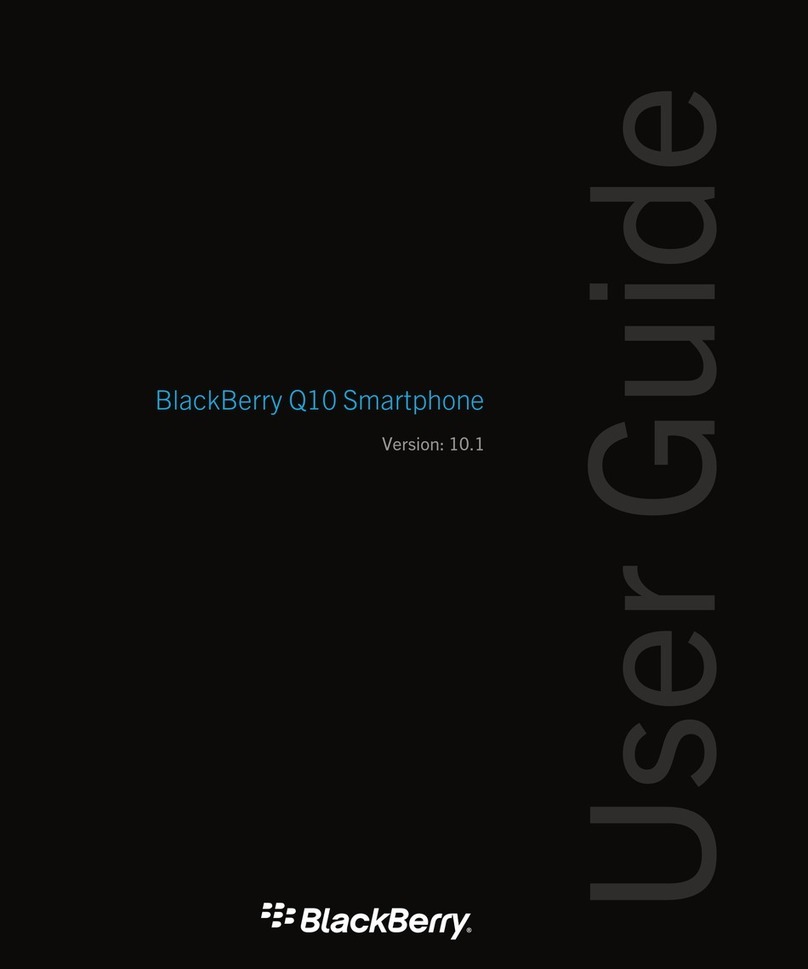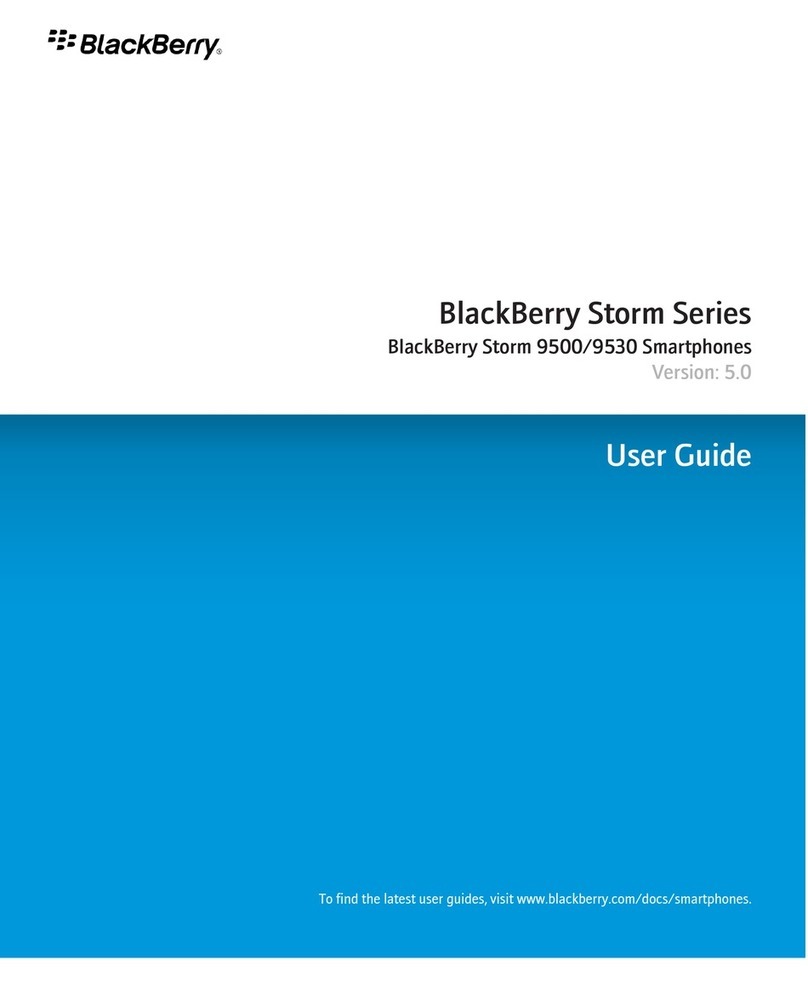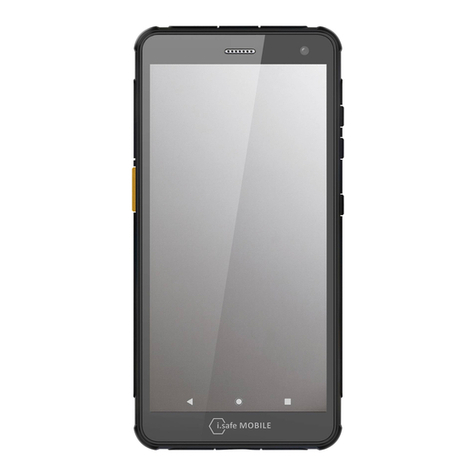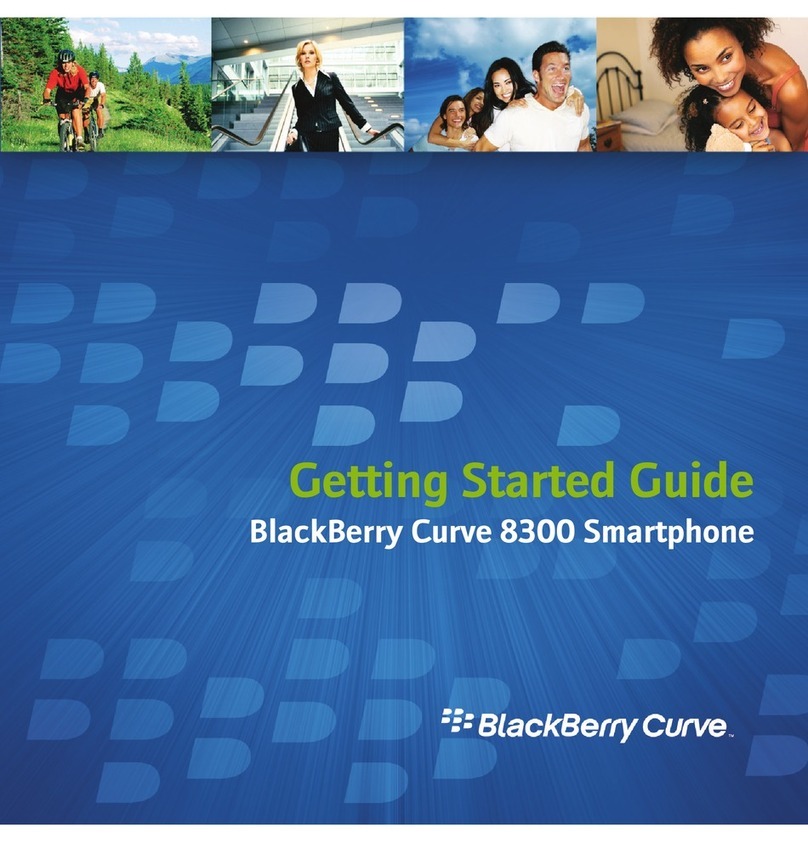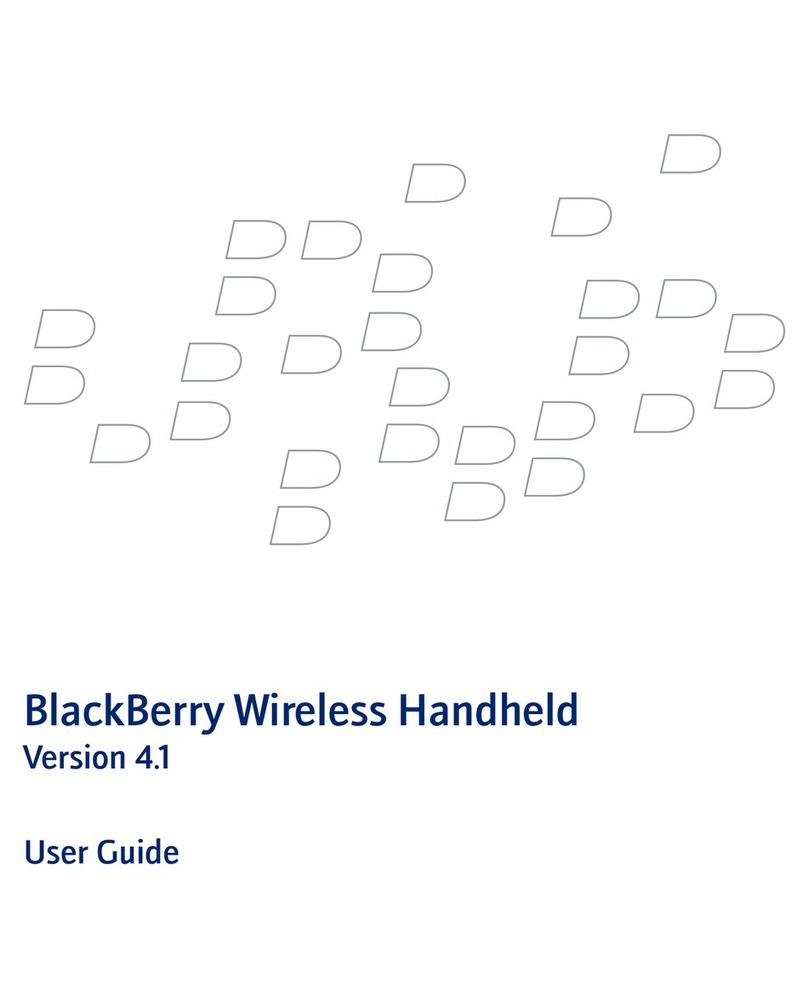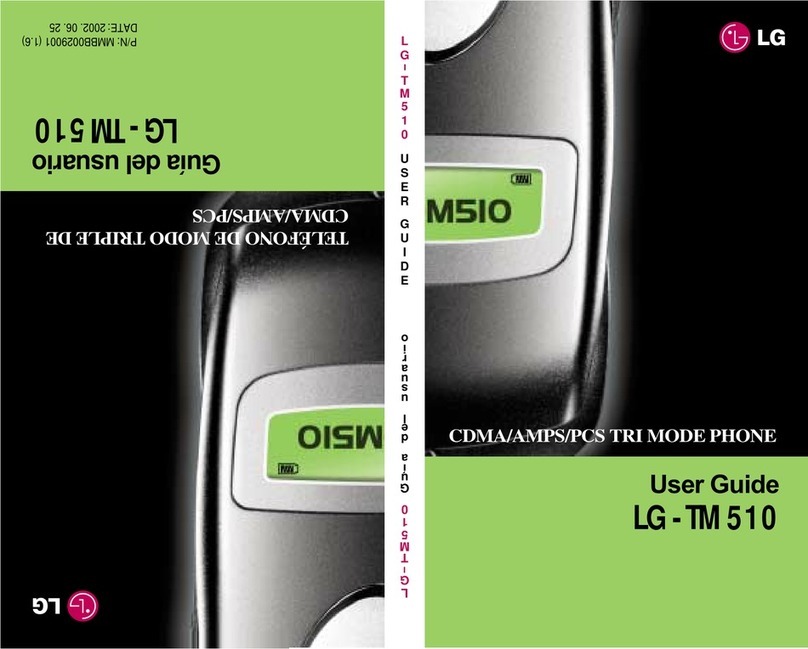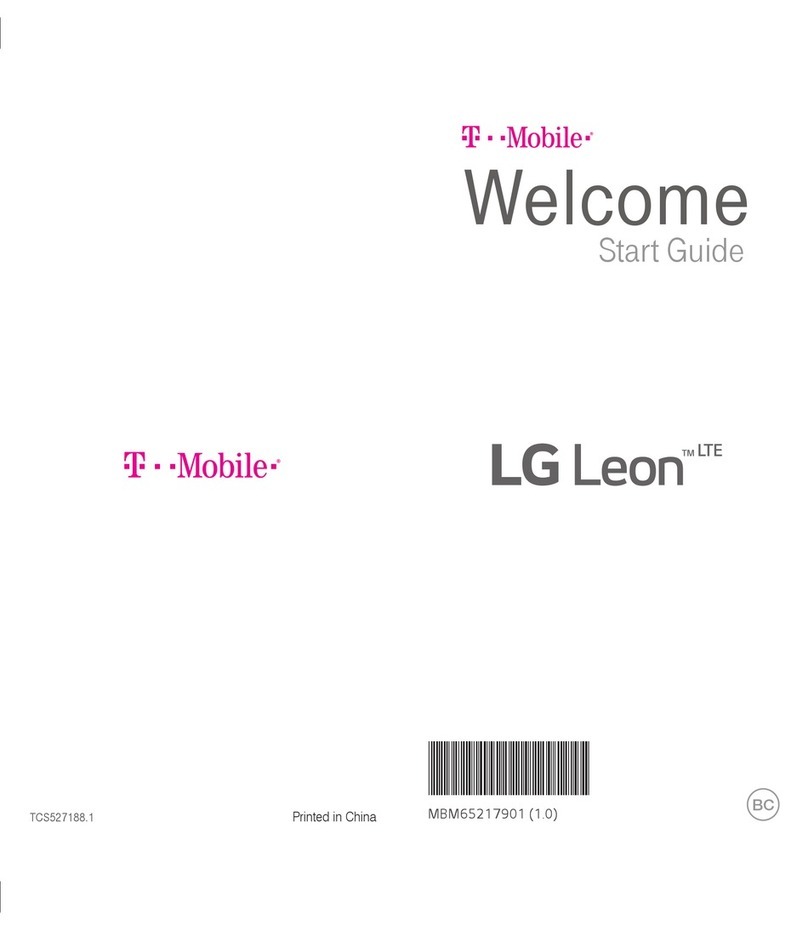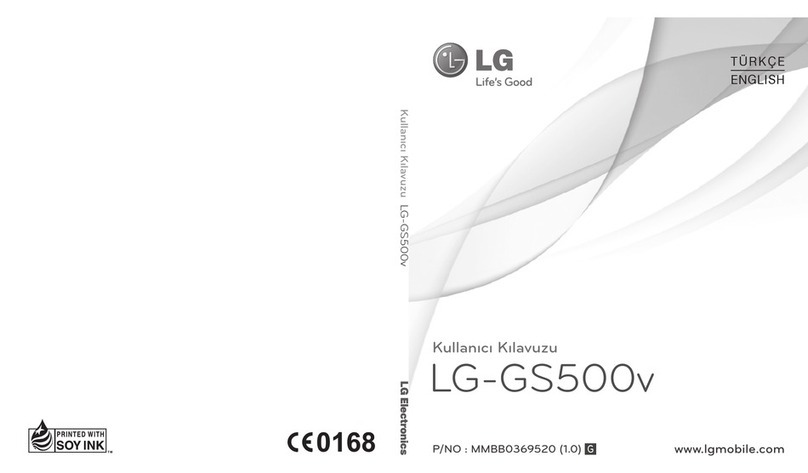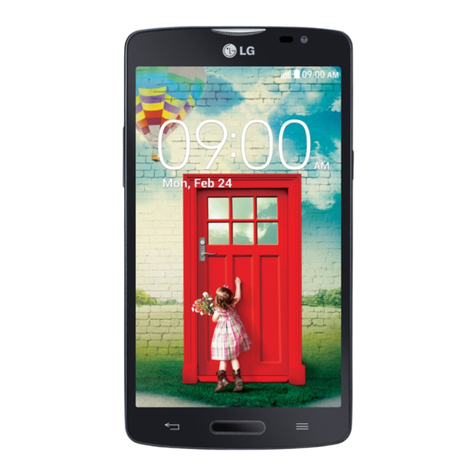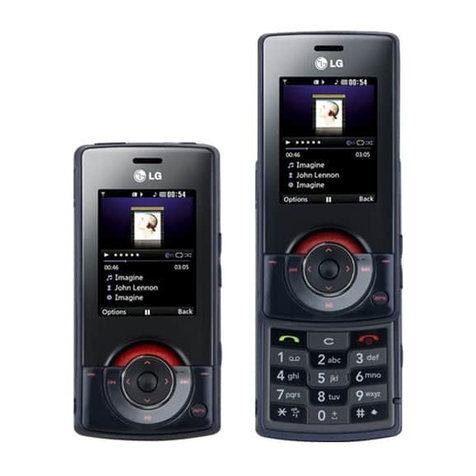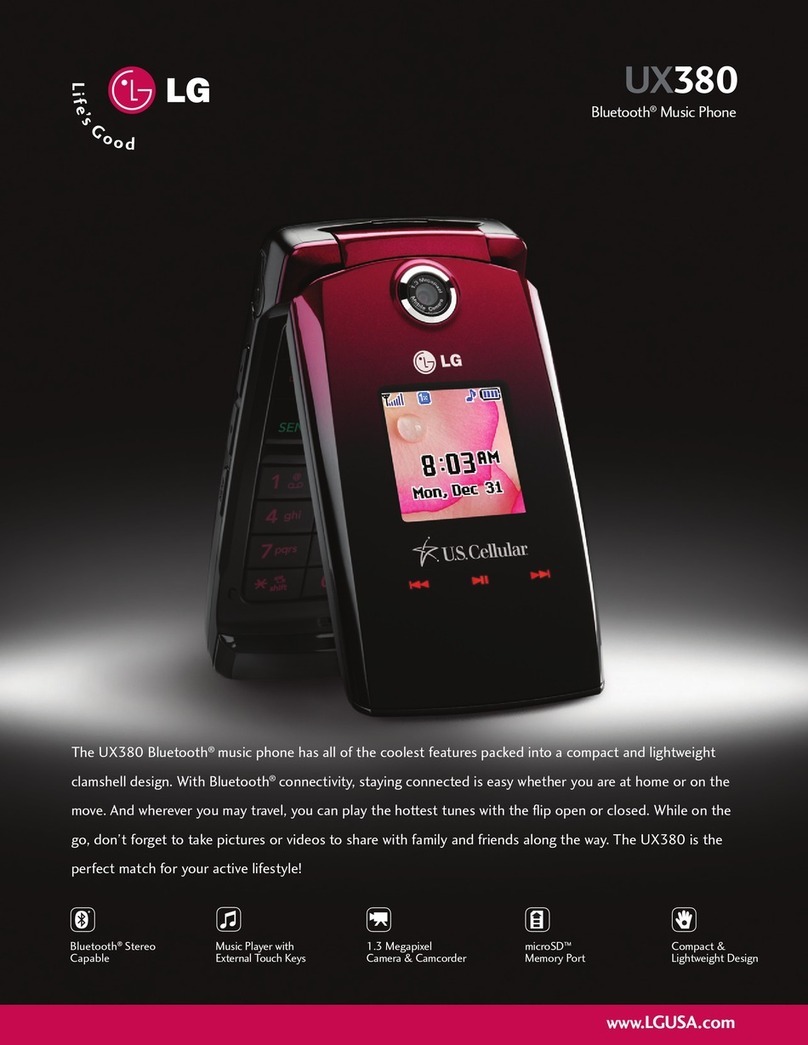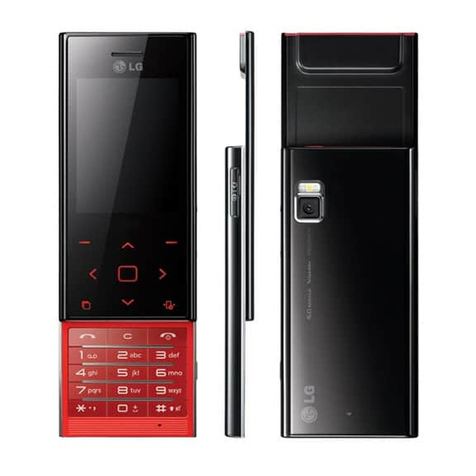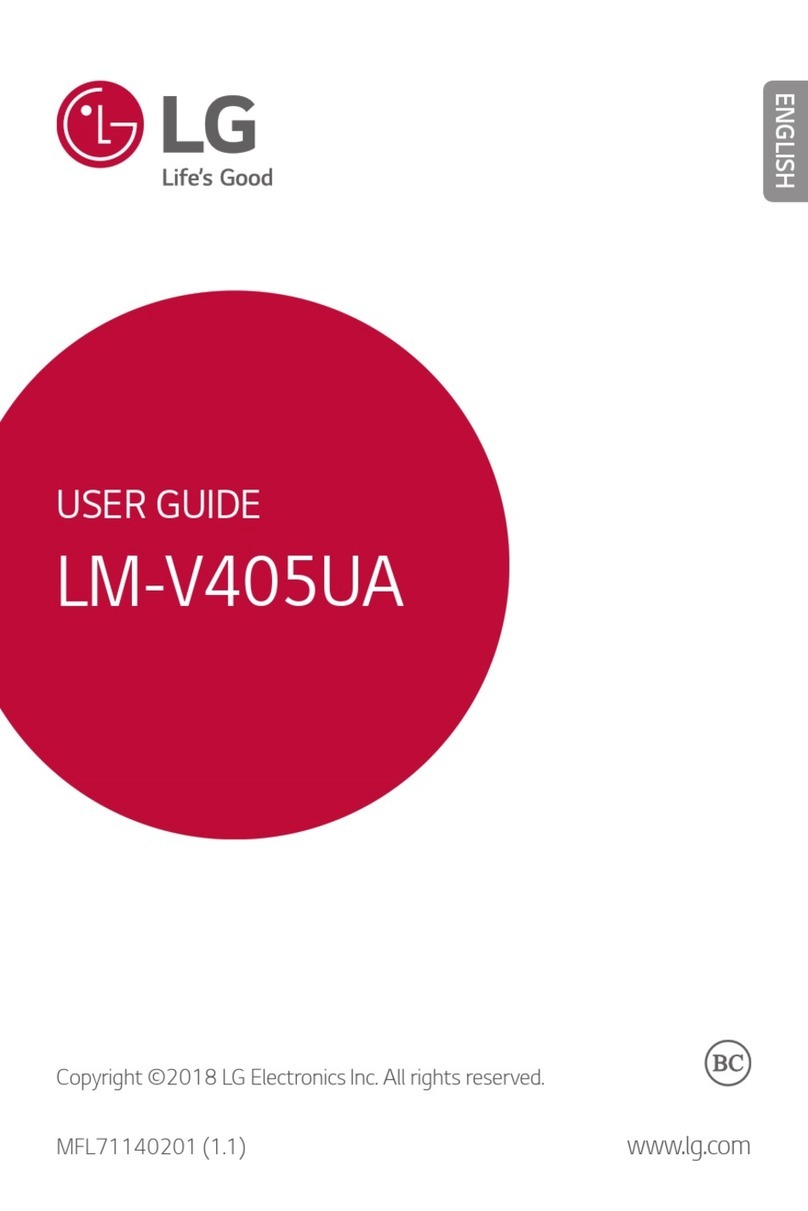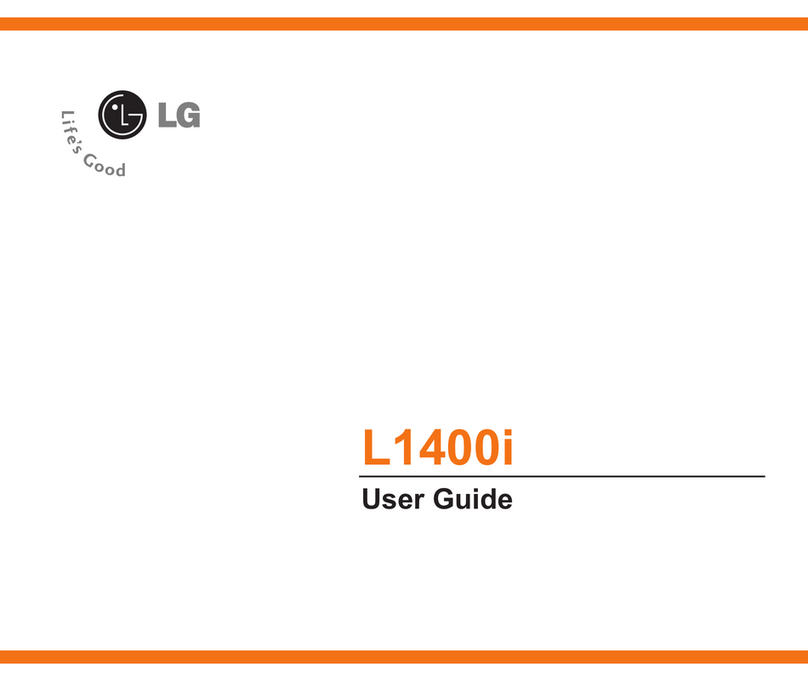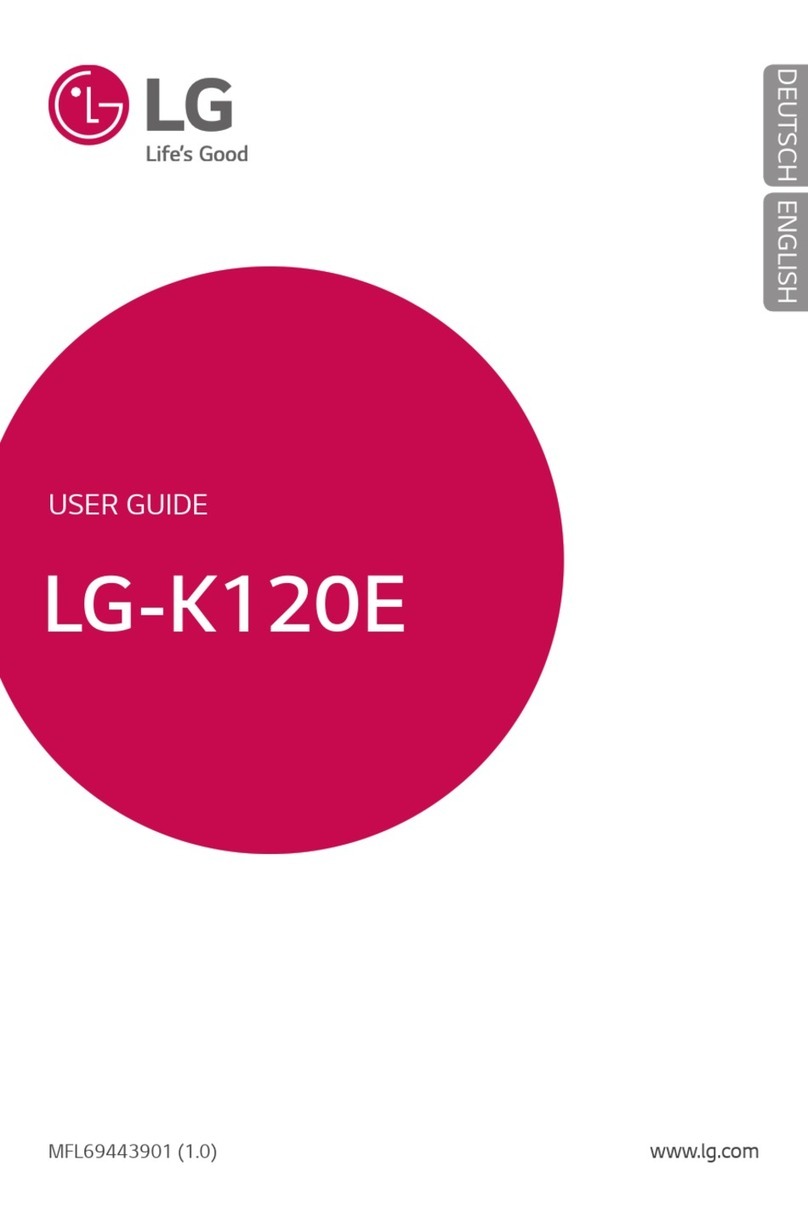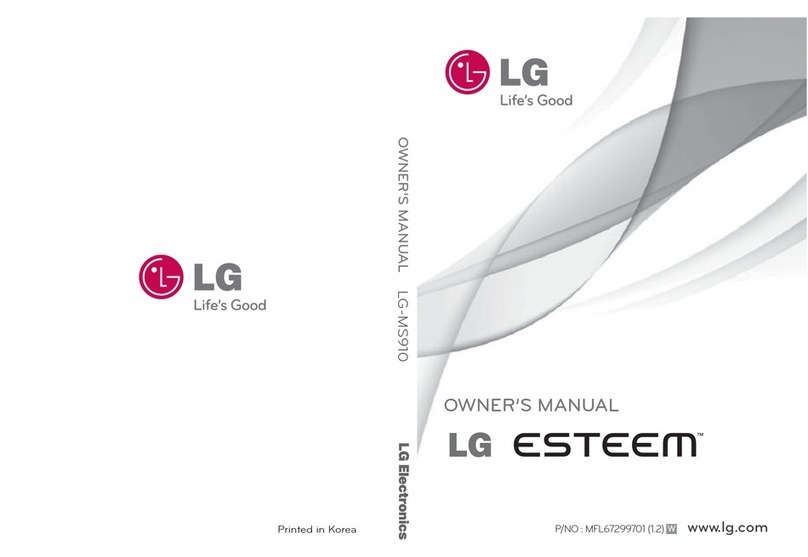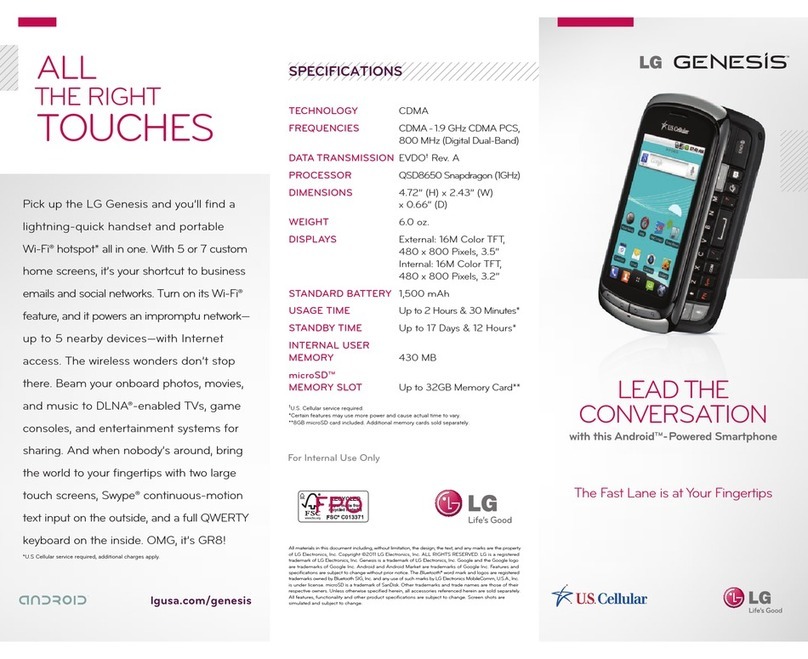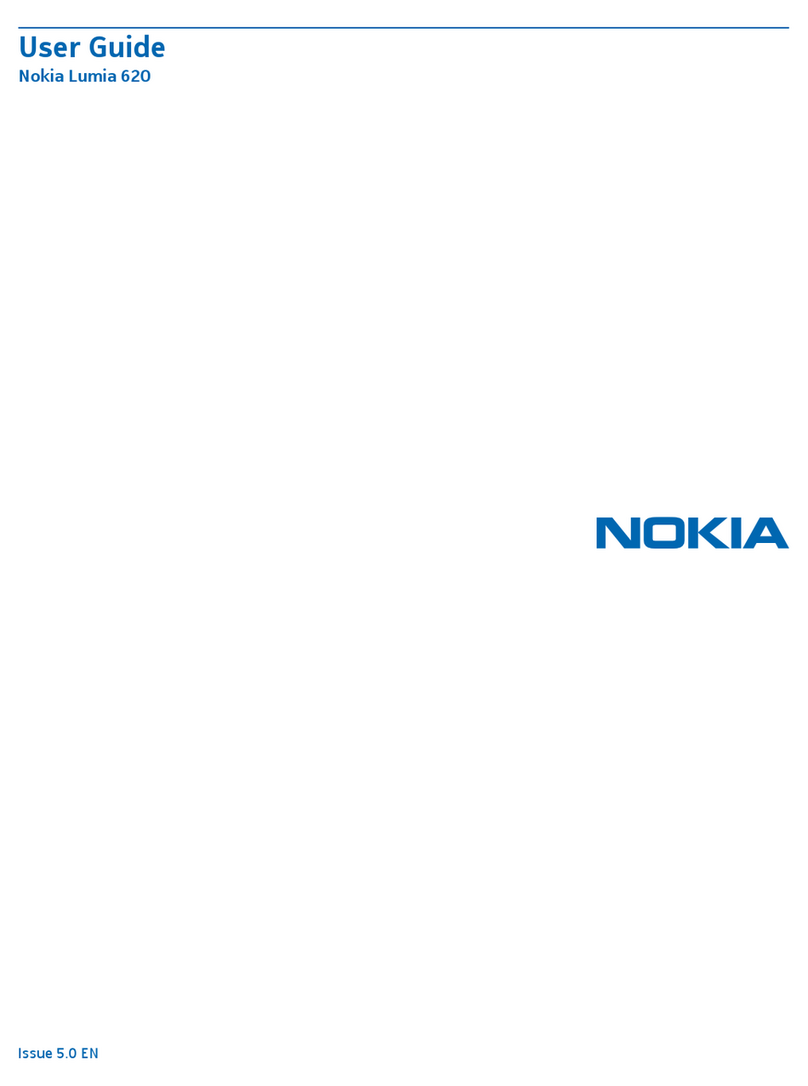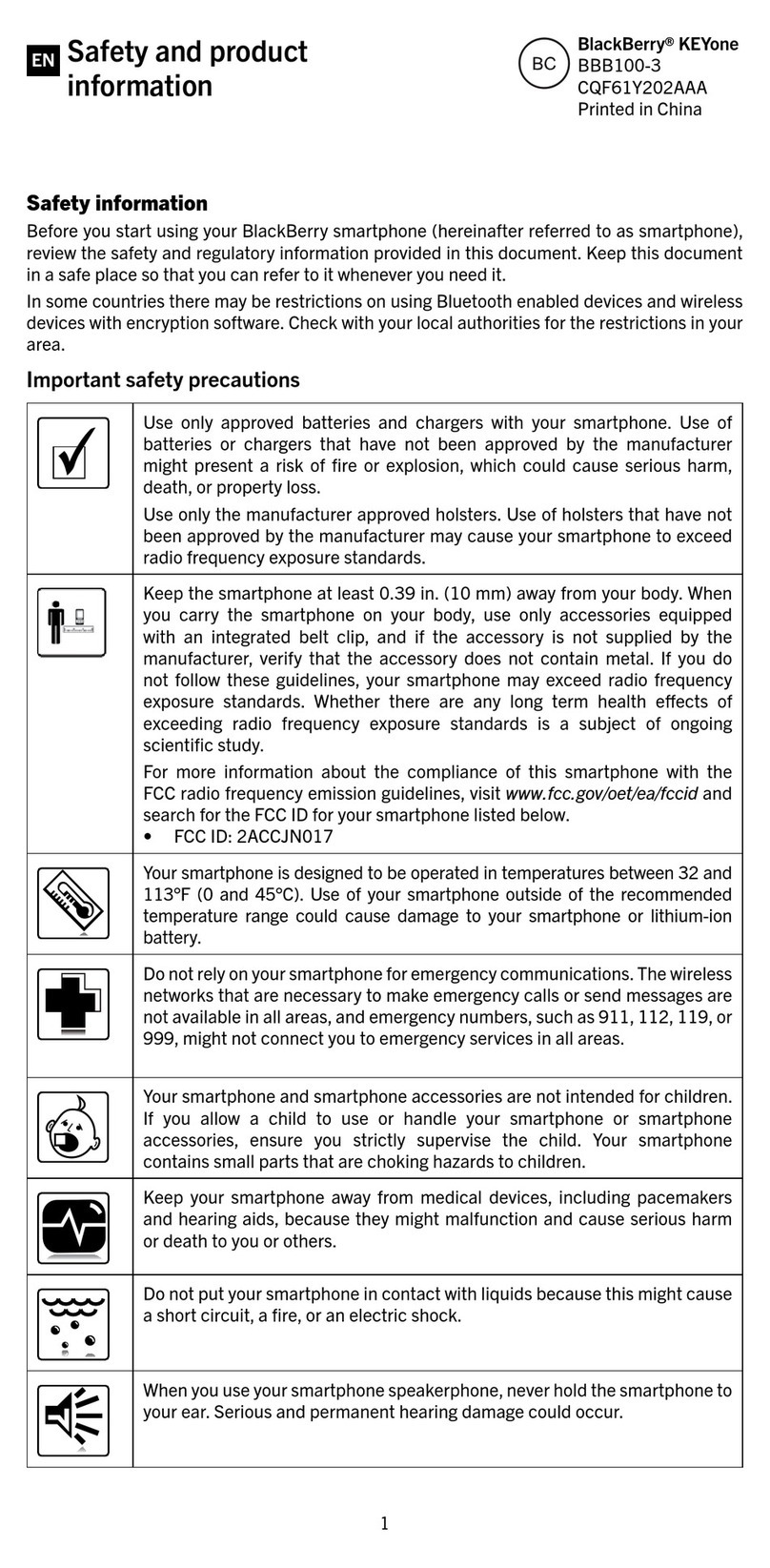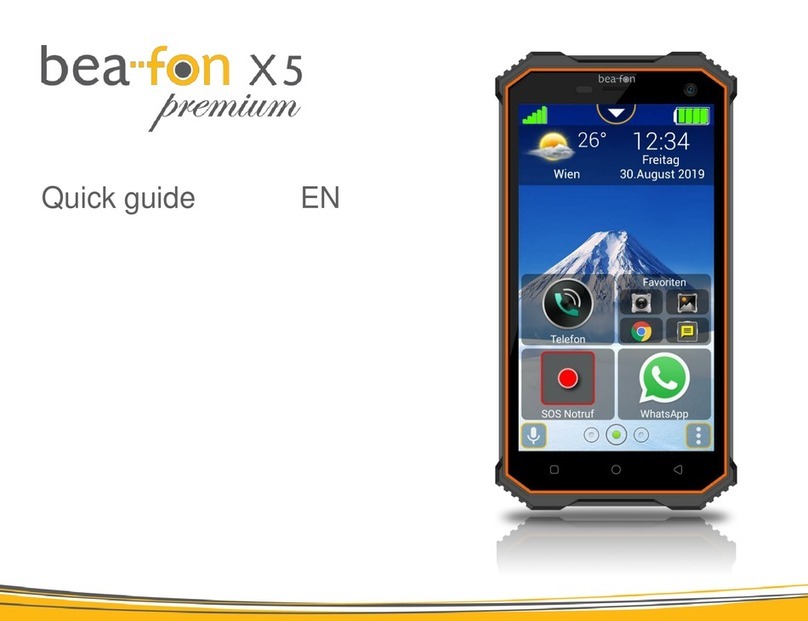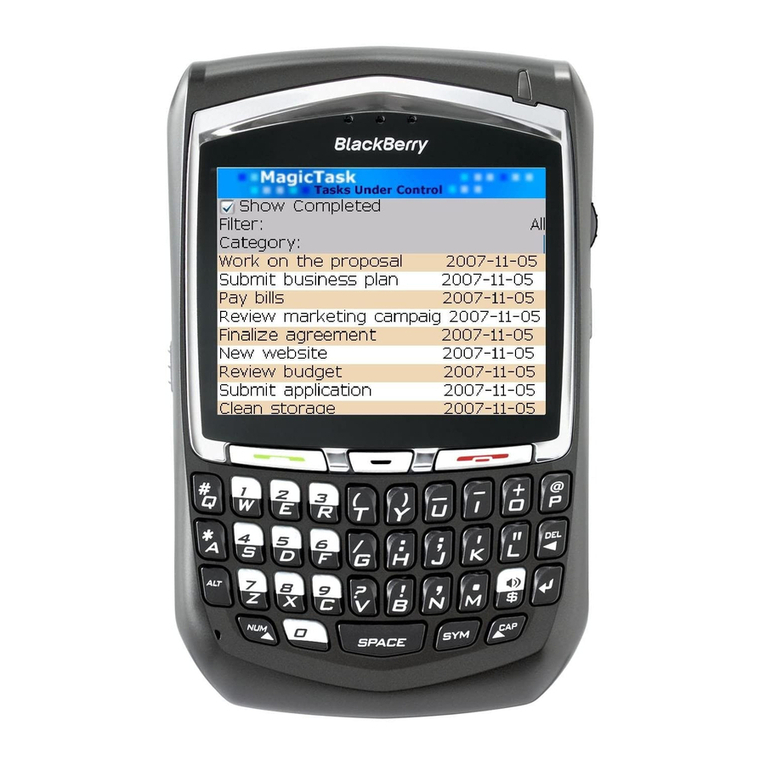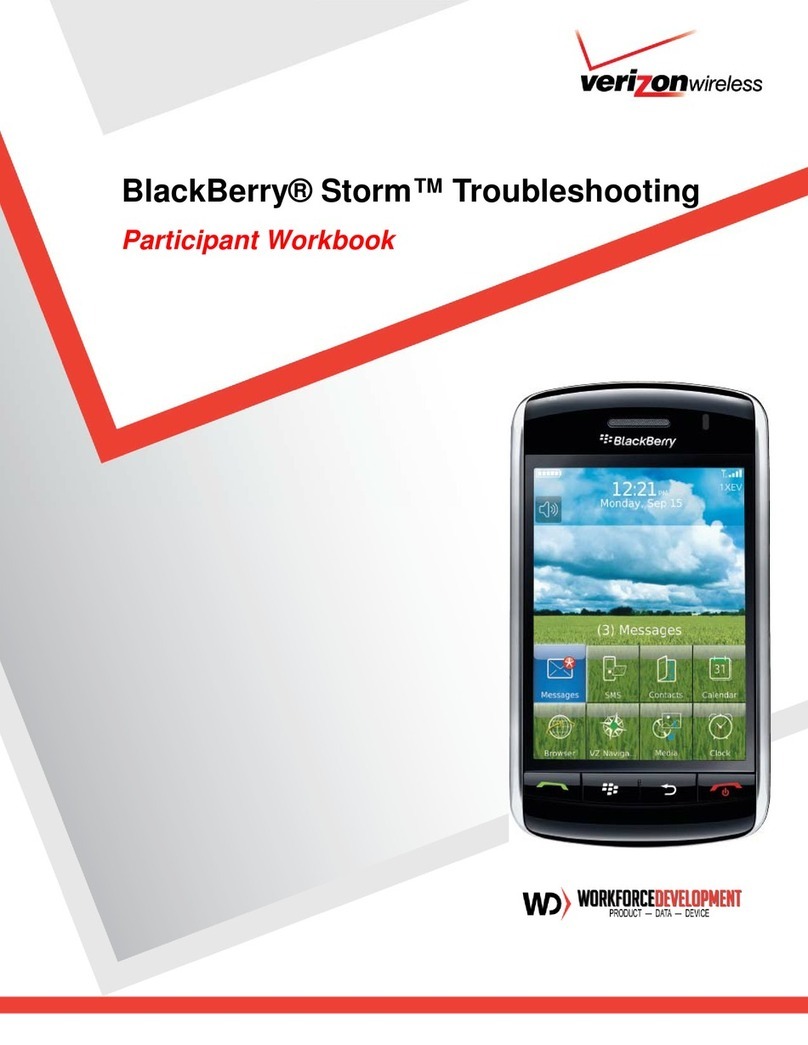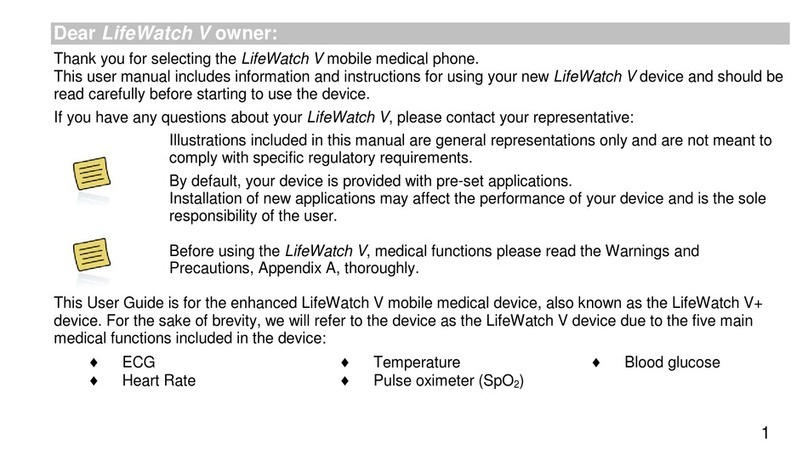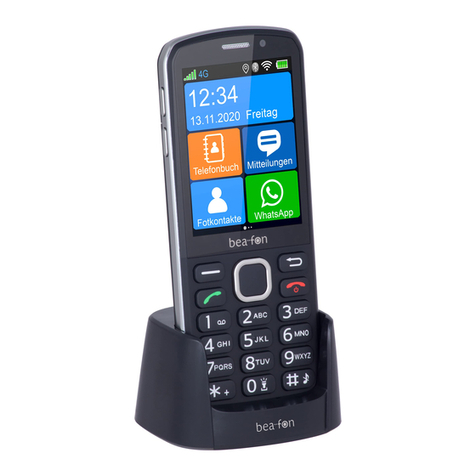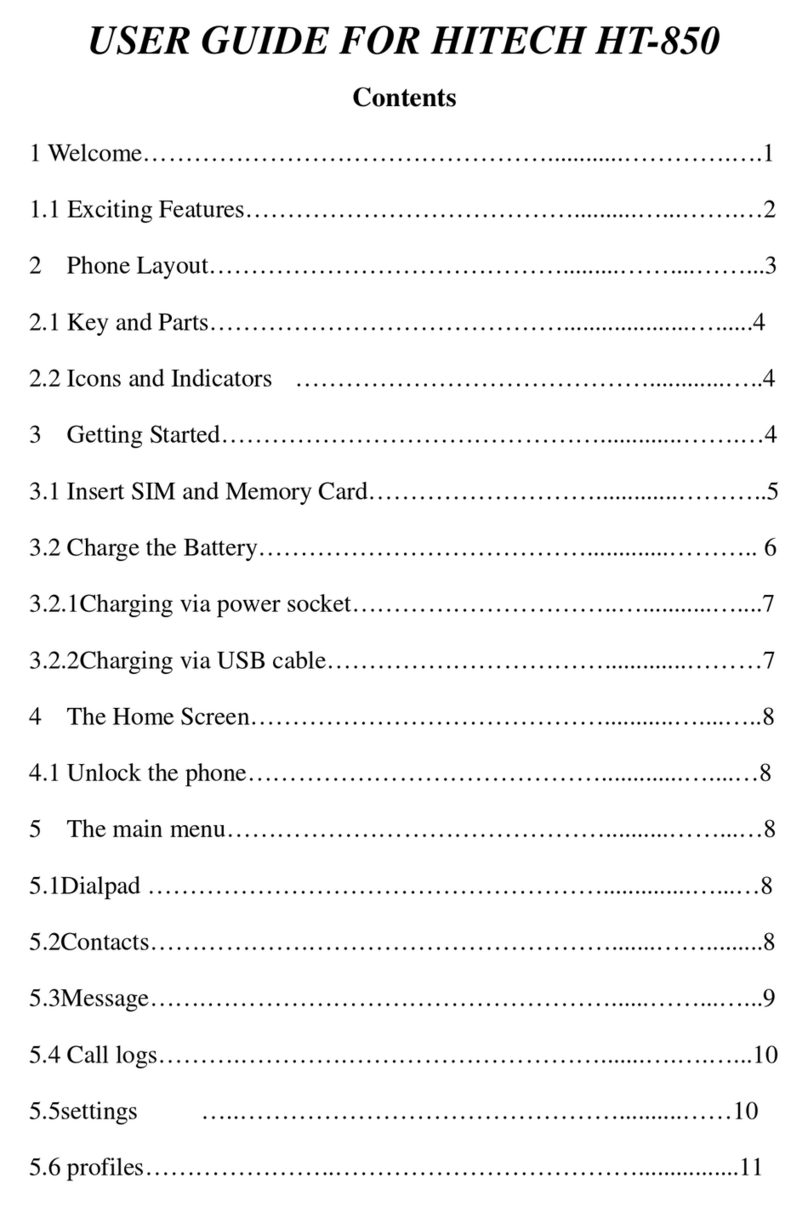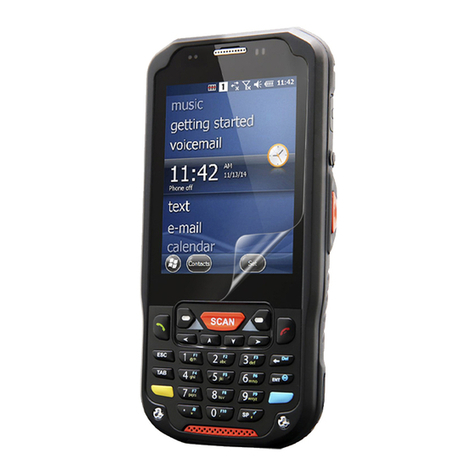- 3 -
1. INTRODUCTION .............................. 5
1.1 Purpose................................................... 5
1.2 Regulatory Information............................ 5
2. PERFORMANCE...............................7
2.1 Supporting Standard................................7
2.2 Main Parts : Solution................................7
2.3 HW Features............................................8
2.4 HW Spec. ..............................................10
3. TECHNICAL BRIEF ........................13
3.1 General Description ...............................13
3.2 GSM Mode.............................................15
3.3 UMTS Mode...........................................18
3.4 LO generation and distribution circuits...20
3.5 Off-chip RF Components .......................20
3.6 Digital Baseband (DBB/MSM6245)........29
3.7 Subsystem(MSM6245) ..........................31
3.8 Power Block...........................................39
3.9 External memory interface.....................44
3.10 H/W Sub System..................................46
4. TROUBLE SHOOTING ...................61
4.1 Power on trouble....................................61
4.2 USB trouble............................................64
4.3 SIM detect trouble..................................65
4.4 Key sense trouble ( KEYPAD ) ..............67
4.5 Keypad backlight trouble........................70
4.6 Micro SD trouble ....................................71
4.7 Audio trouble..........................................72
4.8 Camera trouble ......................................80
4.9 Main LCD trouble...................................83
4.10 Bluetooth trouble..................................86
4.11 RF Component.....................................88
4.12 SIGNAL PATH .....................................89
4.13 Checking VCTCXO Block ....................91
4.14 Checking Front-End Module Block ......93
4.15 Checking UMTS Block.........................95
4.16 Checking GSM Block...........................99
5. DOWNLOAD .................................105
5.1 Introduction ..........................................105
5.2 Downloading Procedure.......................105
5.3 Troubleshooting Download Errors .......120
5.4 Caution.................................................125
6. BLOCK DIAGRAM ........................126
6.1 GSM & UMTS RF Block.......................126
6.2 Interface Diagram ................................128
7. Circuit Diagram ............................131
8. BGM Pin Map................................139
9. PCB LAYOUT................................143
10. Calibration & RF Auto Test
(HOT KIMCHI) .............................149
10.1 Usage of Hot-Kimchi..........................149
11. EXPLODED VIEW &
REPLACEMENT PART LIST ......153
11.1 EXPLODED VIEW .............................153
11.2 Replacement Parts
<Mechanic component>.....................155
<Main component> ............................158
Table Of Contents
LGE Internal Use Only
Copyright © 2008 LG Electronics. Inc. All right reserved.
Only for training and service purposes
